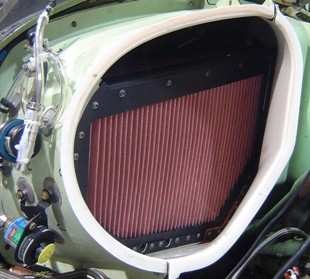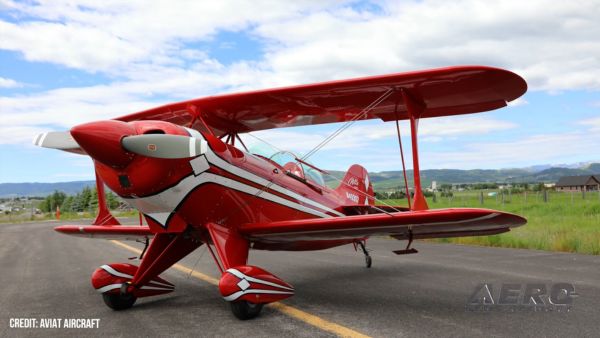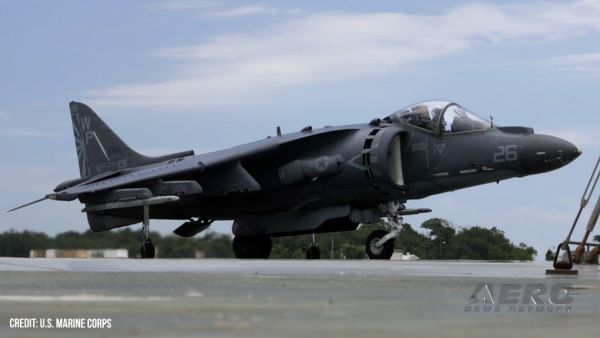Wed, Jan 13, 2010
Advertisement
More News
 ANN's Daily Aero-Term (06.02.25): Minimum Friction Level
ANN's Daily Aero-Term (06.02.25): Minimum Friction Level
Minimum Friction Level The friction level specified in AC 150/5320-12, Measurement, Construction, and Maintenance of Skid Resistant Airport Pavement Surfaces, that represents the m>[...]
 ANN's Daily Aero-Linx (06.02.25)
ANN's Daily Aero-Linx (06.02.25)
Aero Linx: Airpower Museum The APM owns 30 acres on Antique Airfield, including the south half of the N-S runway. It consists of three hangars, an annex, and a library. The museum >[...]
 NTSB Prelim: Champion 7ECA
NTSB Prelim: Champion 7ECA
Patient Told The First Responders That The “Man Who Was In The Plane Was Flying At The Time Of The Accident And Had Overshot The Runway They Were Attempting To Land On.&rdquo>[...]
 Classic Klyde Morris (From 06.10.22)
Classic Klyde Morris (From 06.10.22)
Klyde Just Can't Believe This Has Gotten To This Point... FMI: www.klydemorris.com>[...]
 Airborne 05.30.25: Anti-Helicopter Bill, PW Strike Done, All-Electric Bristell
Airborne 05.30.25: Anti-Helicopter Bill, PW Strike Done, All-Electric Bristell
Also: Duffy Wants $$$, KS Airports, Morningside U’s Aviation School, New Airstrip In ID After 6 were killed in a helicopter crash over the Hudson River, several US Representa>[...]
blog comments powered by Disqus





